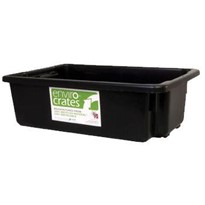This extraordinary and unanticipated increase in demand has led to a rapid increase and widespread digital transformation, despite a seemingly slowing economy.
As lockdowns became the new normal, businesses and consumers steadily “went digital”, providing and purchasing more goods and services online, boosting e-commerce’s share of global retail trade from 14% in 2019 to about 17% in 2020.
With this, the demand for plastic crates has also increased. Plastic totes designed to integrate with automation systems and custom-designed warehousing solutions, improving handling efficiency. As supply chains adapt to the growth, the quality of plastic crates will have a significant impact on automated logistics to cater to the e-commerce explosion.
Plastic Crates: How they are made
Demand for reusable plastic products is increasing. Reusable plastic materials handling equipment is used in a variety of industries such as packaging, automotive, retail and logistics. Plastic crates are put through a series of tests to ensure they are fit for purpose.
Plastic crates are material storage containers made of a variety of polymers. However, high density polyethylene is the most common material for making plastic crates because it increases strength and durability. Plastics are a great material for container building. They feature excellent formability, degradation resistance, durability, and recyclability, whilst also being light in weight.
Plastic crates are made by a process known as injection moulding. An injection mould is a tool designed to convert raw plastic granules into a useful product. The majority of plastic injection moulders start by gathering plastic feed stock in a hopper and routing it into a conveyance tube. From there, it is then injected into the tool under heat and pressure to form the product.
Plastic crates quality and its impact on automated logistics
Because of the industry’s rising focus on sustainability and a number of other developments signaling the need for more resilient supply chains, reusable plastic containers (RPCs) and other properly designed transport packaging are poised for significant expansion in the coming years.
The quality of plastic crates should not be underestimated. Plastic crates are commonly found in the food and pharmaceutical industries. With the fast expansion of e-commerce, the quality of plastic crates has a direct impact on the efficiency of logistics automation.
Specific picking systems will ultimately define the design requirements for the plastic automation crate. In a goods-to-person (picker) system, plastic totes are the best fit for ASRS and high-speed conveyor systems.
AXIS Supply Chain Plastic Crates: Keeping up with the e-commerce explosion
AXIS provides a wide range of plastic crates that cater to the specific needs of clients, project specifications, and deliverables. By carefully curating its product offerings, AXIS ensures that the plastic boxes are of the highest quality for automated logistics, assuring cost-effectiveness, sustainability, and longevity.


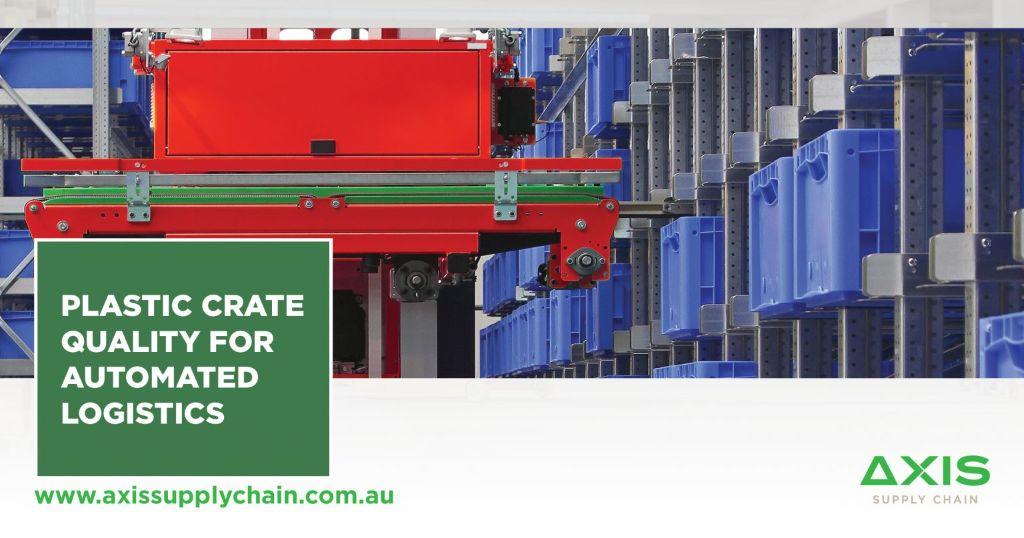






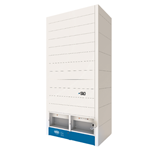



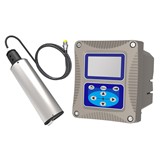

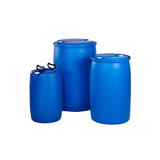
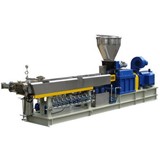
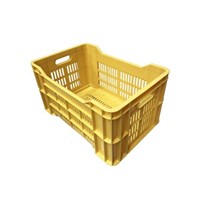
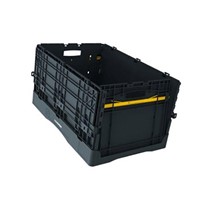
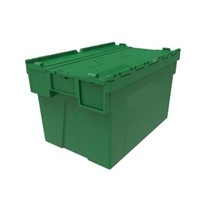
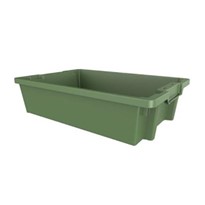

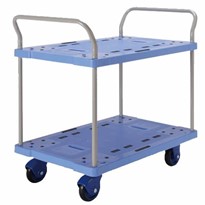
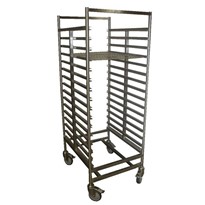
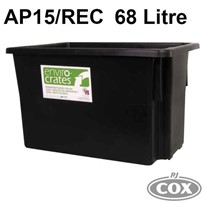
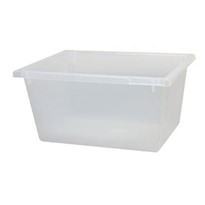
-205x205.jpg)
